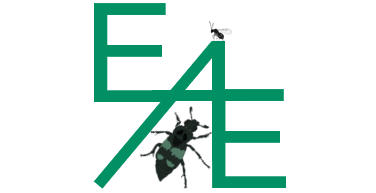| Van Meyel, S; Körner, M; Meunier, J: Social immunity: why we should study its nature, evolution and functions across all social systems, Current Opinion in Insect Science, 28, 1-7 (2018) | |
| Abstract: Mounting defences against pathogens is a necessity for all animals. Although these defences have long been known to rely on individual processes such as the immune system, recent studies have emphasized the importance of social defences for group-living hosts. These defences, called social immunity, have been mostly studied in eusocial insects such as bees, termites and ants, and include, for instance, mutual cleaning and waste management. Over the last few years, however, a growing number of works called for a broader exploration of social immunity in non-eusocial species. In this review, we summarize the rationales of this call and examine why it may provide major insights into our current understanding of the role of pathogens in social evolution. We start by presenting the original conceptual framework of social immunity developed in eusocial insects and shed light on its importance in highly derived social systems. We then clarify three major misconceptions possibly fostered by this original framework and demonstrate why they made necessary the shift towards a broader definition of social immunity. Because a broader definition still needs boundaries, we finally present three criteria to discriminate what is a form of social immunity, from what is not. Overall, we argue that studying social immunity across social systems does not only provide novel insights into how pathogens affect the evolution of eusociality, but also of the emergence and maintenance of social life from a solitary state. Moreover, this broader approach offers new scopes to disentangle the common and specific anti-pathogen defences developed by eusocial and non-eusocial hosts, and to better understand the dependent and independent evolutionary drivers of social and individual immunity. |

